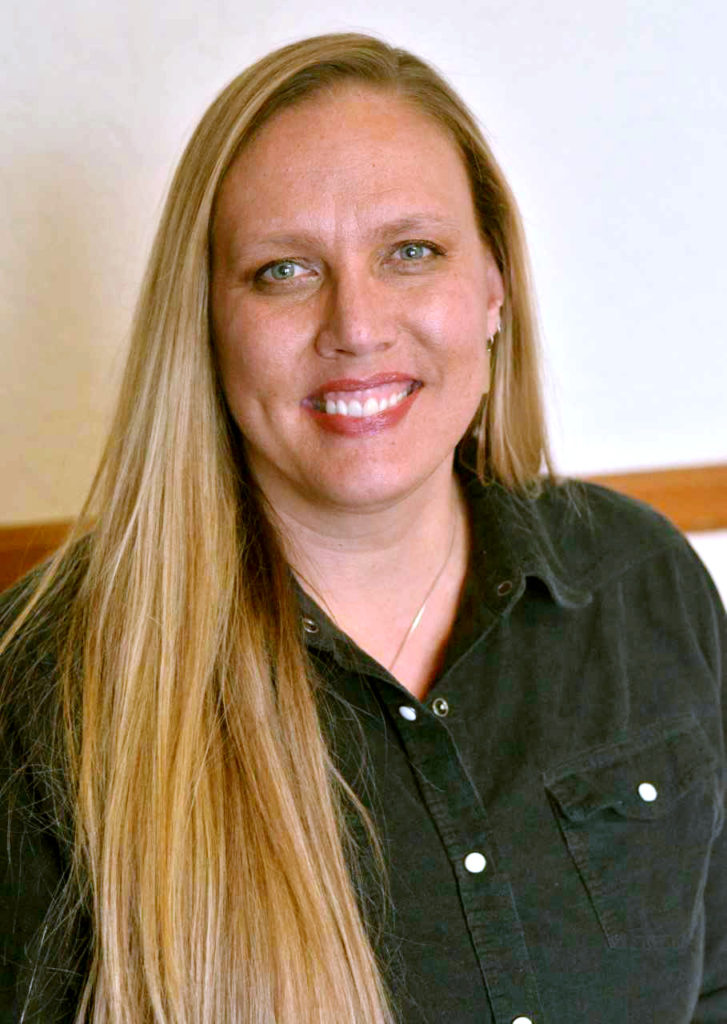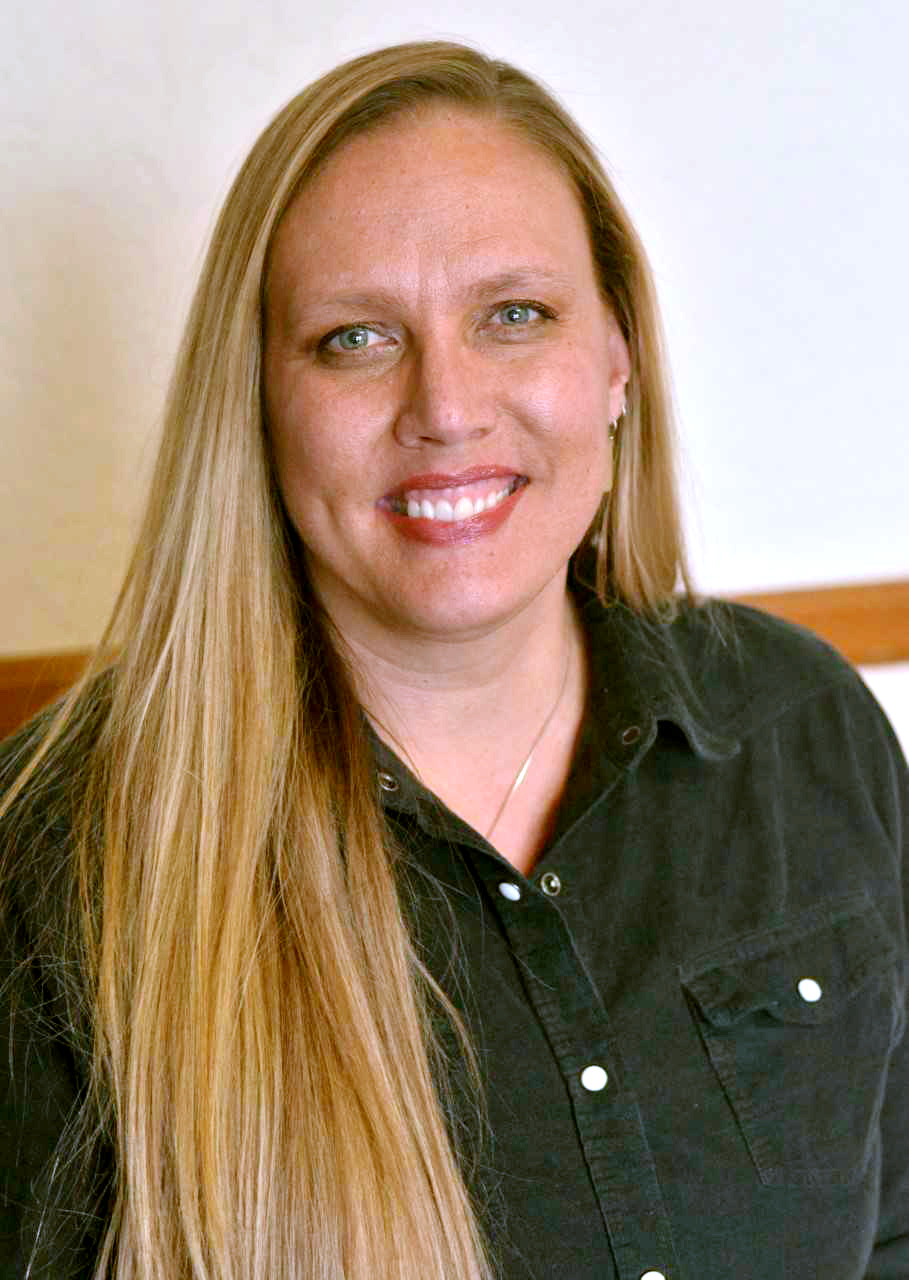
Juniper House
Developed by Catholic Charities, creates a sober home environment for up to eight women exiting the Flagstaff jail. Similar properties exist for men.
(928) 774-9125
Name: Camie Rasband
Parish: Non-Catholic, member of the Church of Jesus Christ of Latter-day Saints Flagstaff West Stake
Role: Juniper House Program Supervisor
How did you get involved with Catholic Charities?
I wanted to have a job that was more than just a job. I wanted to make sure I was doing something that could also help people. I found the job posting, and I started in a different position for about 90 days, and I really wanted to do housing.
I grew up in Salt Lake [City] and Seattle and in Seattle there’s some really great organizations — I was involved with ‘Mama’s Hands.’ It was something that I had a passion for.
When I saw the opportunity for housing, I switched over, and I’ve been there for eight years.
What does your job entail?
I am the housing supervisor, so I oversee all of our housing programs for all of the counties in northern Arizona. We have emergency shelters for families, re-entry housing for men and women, veterans’ housing in Prescott, rapid re-housing which is rental assistance with housing case management to service individuals and families who are homeless and also permanent supportive housing for the most vulnerable in the community and for individuals who are homeless who also have some sort of disability. We’ve steadily grown every year and we’ve seen what the needs are and created some programs to help with that.
Re-entry housing programs came about because we go into the jail every month and work with the case managers. We saw men and women coming out with positive momentum, they have the programing, but if they don’t have a safe, stable place to live, they are vulnerable to fall back into whatever situation caused them to be incarcerated in the first place.
How has the Juniper House impacted the Flagstaff community?
The Juniper House gives our residents a chance to be a part of community in a positive and meaningful way. They’re getting jobs; they’re giving back to their community. We’ve seen this amazing stewardship and mentorship of them taking care of each other. It’s amazing to get to work with women and learn their stories and walk that path with them. We see these women show up, do the work and not let these barriers that in the past would have put them back on the street, put them back into jail. They have the stability and the tools to not get completely derailed.
How does the Juniper House speak to evangelization and discipleship?
One of the things that has been amazing at the house has been the community support. The volunteers that come and teach life skills classes are the same ones in the jail doing ministry; they are the same people that are dropping off donations: clothing, hair products, food, books, magazines; everything in this house is donated. It really speaks to having that mindset that Church is not something that you just do on Sunday, to really put that into practice, to give and to share. This house doesn’t have outside funding, so a lot of those things we wouldn’t be able to provide if it wasn’t for the goodness and kindness of people donating. It goes back to the parable of the Good Samaritan. We serve the most vulnerable in our communities.
Why is there a need for more places like the Juniper House?
One of the things that sets the Juniper House apart is that we really wanted to create a sober living environment that allowed people to deal with their whole health. For example, in other sober living environments people aren’t allowed to take medications that they may need for mental health. We want them to be able to do whatever that behavioral health provider designates is best for them. When you consider the amount of trauma and the stories that these women have lived through, just being able to have that support, to have somewhere to live, they need something to help them get to the next place. Especially as a community, these are our neighbors, our friends, family members, coworkers … sometimes I think people have this false idea of “us” and “them.”That’s not what it is; it’s really helping our community.
What does the Juniper House mean to you?
One of the really great things about this program is being able to have seen the need in the community and … to create this program around what we needed. Being able to witness their lives, their improvements, their trials, their triumphs, … to see them make sustained progress and improve their lives and their families’ lives. Being able to be a part of that is very inspiring.
We’ve learned a lot, we’ve listened a lot, we’ve tried to create a program around the needs with what the women say work for them, with gaps in our community and things that aren’t being offered. It’s rewarding to have families unified, to have women recover, to get jobs and to go on to have those life goals.






